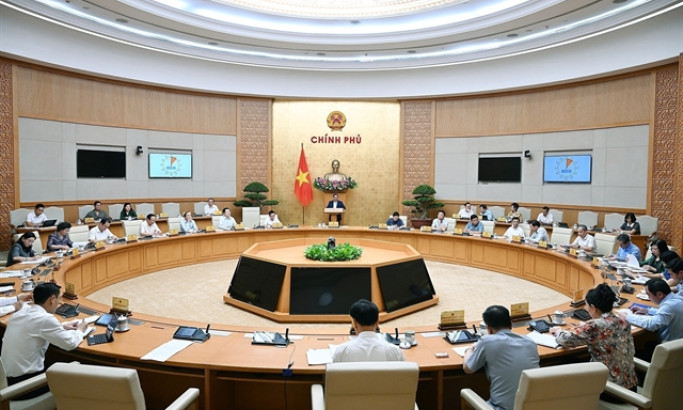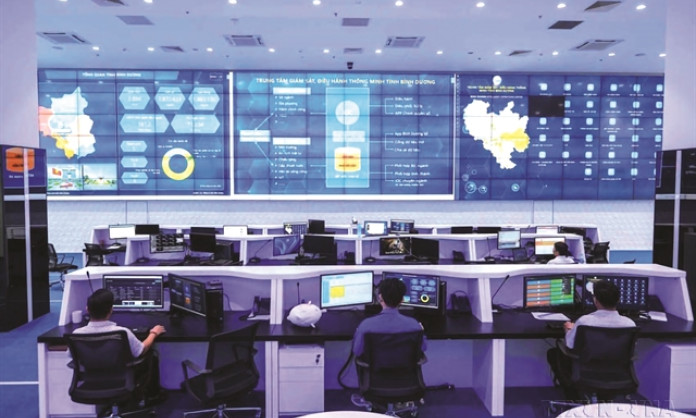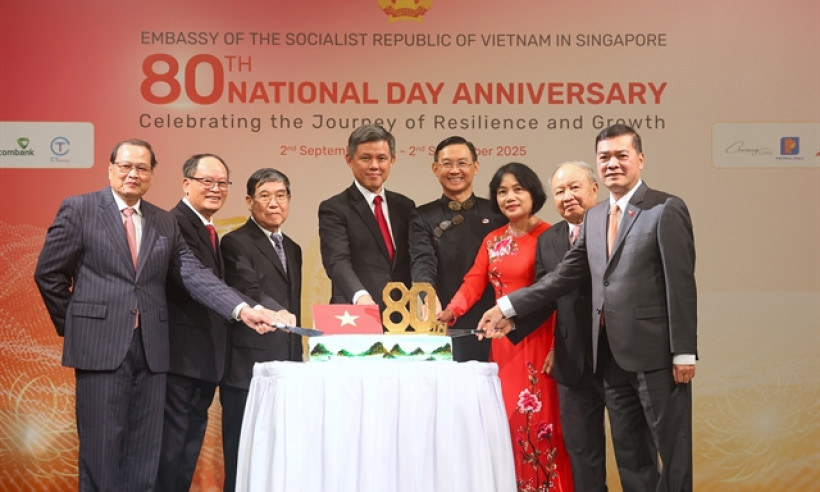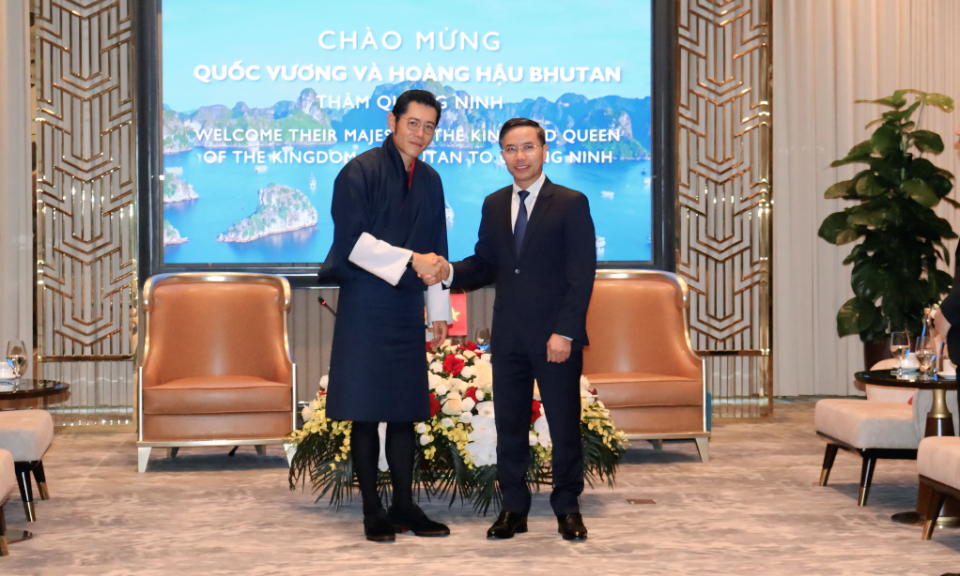Strong commitment to regional cooperation helps ASEAN navigate headwinds: Secretary-General
Secretary-General of the Association of Southeast Asian Nations (ASEAN) Dato Lim Jock Hoi has affirmed that ASEAN’s strong commitment to regional cooperation and integration will help the region navigate through headwinds and uncertainties such as the global economic slowdown, higher food and energy prices, climate disasters, and continued global trade tensions.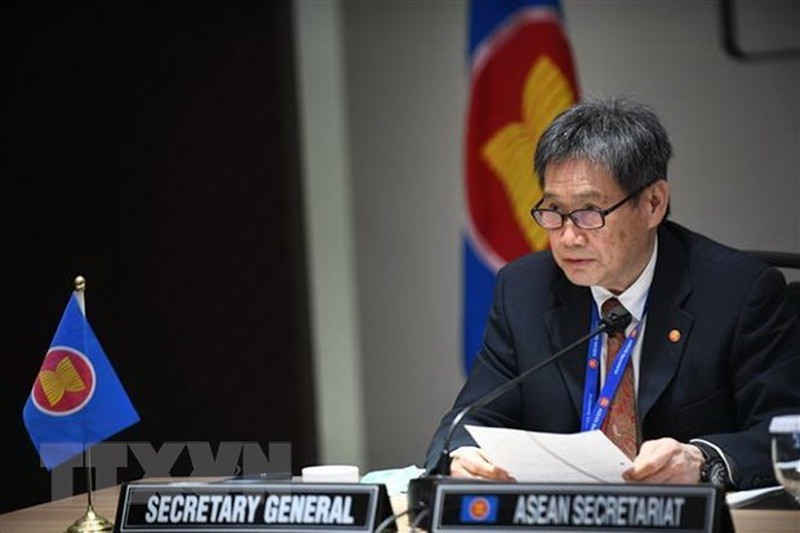
In an article titled “ASEAN at the Crossroads: Re-imagining the ASEAN Community”, the official said the region has recorded solid achievements over the last five years.
ASEAN’s projected growth of 5.3% in 2022 far exceeds the global growth average of 3.2%, he added.
The entry into force of the Regional Comprehensive Economic Partnership (RCEP) Agreement, as well as efforts in substantially concluding the upgrade negotiations of the ASEAN-Australia-New Zealand Free Trade Area (AANZFTA), upgrading the existing ASEAN FTAs, such as that for China and India, and negotiating new ones, such that with Canada, are clear reminders that ASEAN must adhere to a rules-based multilateral trading system if the region’s economic dynamism is to be sustained.
Efforts to build back better and secure the contribution of regional integration for the peoples of ASEAN have continued to gain ground, according to the Secretary-General.
Various programmes and initiatives have been and are being implemented to empower the youth, women, and other vulnerable groups.
Mechanisms are also now in place to deal with future health crises such as the ASEAN Centre for Public Health Emergencies and Emerging Diseases and the ASEAN Regional Reserve of Medical Public Health Emergencies, he continued.
In external relations, he said, ASEAN lengthened its list of partners with the additions of one dialogue partner (the United Kingdom), two sectoral dialogue partners (Brazil and the United Arab Emirates) and three development partners (Chile, France and Italy).
Furthermore, since 2018, 15 new High Contracting Parties, including most recently Denmark, Greece, the Netherlands, Oman, Qatar, Ukraine and the United Arab Emirates, had acceded to the Treaty of Amity and Cooperation in Southeast Asia (TAC).
Yet, despite the achievements of the last five years, the ASEAN Community continues to remain at the crossroads, he pointed out.
This is because of the global and regional “headwinds” that impact the future of the ASEAN Community, including problems like global trade tensions, climate change, digital divide, and even the pandemic.
Taken together, these challenges have exposed gaps or weaknesses in the ability of ASEAN to address some of its goals such as participation in global value chains, enhancement of macro-financial coordination, and narrowing the development gaps.
Given the multitude of changes that have impacted the underpinnings of the ASEAN Community, the post-2025 ASEAN agenda should adopt a different approach to regional integration, namely the one that is more dynamic and capable to initiate new initiatives and implement measures in response to changing market and economic conditions, the official suggested.
For example, pursuing digital transformation is clearly an imperative for a resilient future. Current efforts to accelerate the shift to a digital and knowledge economy in the region are vital.
More important, a new mindset is needed to ensure that everyone in ASEAN – from governments to individuals and businesses – fully and holistically embraces the digital transformation, and is ready for a digital era, he stressed.
Sustainability is another immense challenge for ASEAN, compounding the region’s problems from climate change to food insecurity, natural disasters, and disruption of supply chains and vital infrastructure, the official said.
He emphasised that it is timely for ASEAN to develop a comprehensive framework for sustainable development, an integrated and multi-sector approach that addresses sustainability and circularity issues in ASEAN across all dimensions and community pillars.
To overcome such challenges, ASEAN must continue to remain relevant, dynamic and flexible. This means having strong institutions, processes, and mechanisms to sustain the relevance of ASEAN as an important regional player.
The ASEAN Community should and must work if ASEAN is to become the fifth largest economy in the world by 2030 as projected. Developing a comprehensive post-2025 agenda for ASEAN Community as well as coordinated strategies among the three community pillars is crucial.
ASEAN must ensure that the welfare of the peoples should be at the centre of everything, he added.
The narrowing of development gaps should not only be an initiative, instead, it should be an integral part of ASEAN thinking and strategy that is embedded in every country’s political, economic and social systems.
Given what the ASEAN Community has accomplished over the last five years, the coming years will see the emergence of a more resilient ASEAN Community, much more integrated, and better prepared to cope with shocks and uncertainties, the official said, reminding that ASEAN must continue to transform and re-imagine itself to achieve the target.

